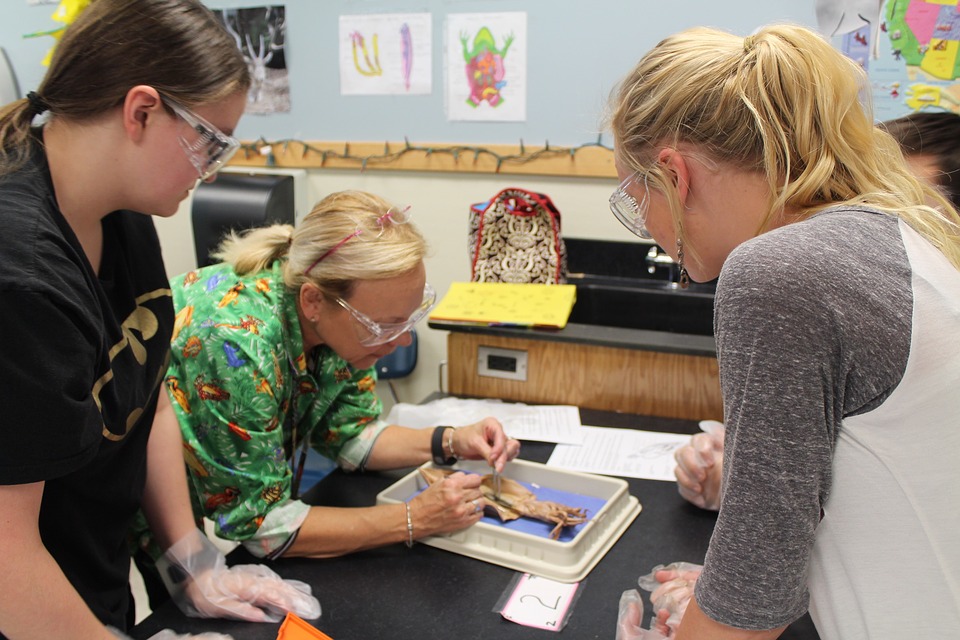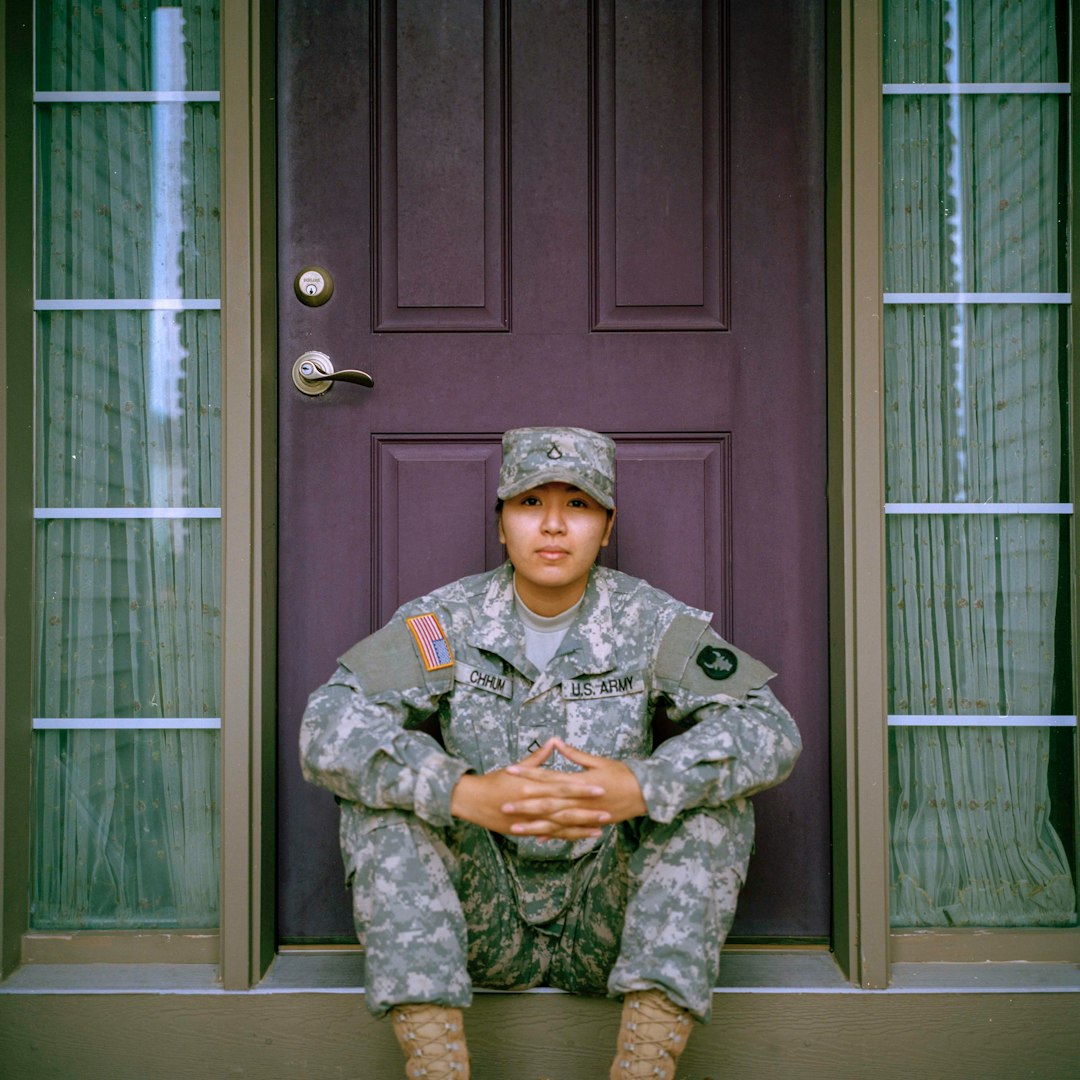Hosting a science show at school is always exciting, full of fun and also very interesting. From electric current to chemical compounds, these science shows can pose a lot of dangers to students if safety precautions aren’t taken into considerations.
Here are the 7 typical safety guidelines to observe when hosting science shows in schools:
1. No running, pushing or roughhousing
Students should be informed not to run, roughhouse, or push each other. Instead, they should be responsible and take care of school equipment during the show. Moreover, accidents caused by roughhouse during science exhibitions can cause severe injuries.
2. Student should work quietly
Distraction are among the leading causes of accidents for most students. Being cautious to others as well as respecting their space is important. Working quietly also boosts the success rate of the students.
3. Don’t drink, eat or chew during science experiments
Students and even teachers can accidentally ingest harmful substances or chemicals when eating, drinking or chewing during science shows. This safety precaution is the most ignored by students.
4. Students should wear safety gears during experiments
Wearing safety gears during an experiment reduces the risks of an accident happening. Such safety gears include safety goggles, closed shoes, lab coats and hair that is tied at the back.
5. Schools should have safety equipment
Since science shows are hazardous, it’s important to have safety equipment nearby. For instance, there should be a sink, a showers eyewash, and other personal safety equipment in rooms where experiments are being carried out. If possible, it is also advisable to contact and inform local ambulatory services about your science show day. They can always come in handy in case of serious accidents.
6. Inform students what to do in case of an emergency
No matter how prepared your school may be, accidents are prone to happen. Knowing how to handle accidents reduces the risk of severe injuries. As such, every student who is going to participate in the shows should be equipment with first aid basics.
7. Avoid overcrowding
If there is a large number of students during an experiment, there are high chances that an accident will occur. This is because the students and teachers are likely to bump into one another. Science shows in schools should be carried out in a place where there is plenty of space.
If students are safe, hosting science shows can be educational as well as exciting. Following these safety precautions will help avoid accidents and ensure a positive learning experience. Therefore, teachers, students, and the school administration should be aware of some of these safety precautions.





